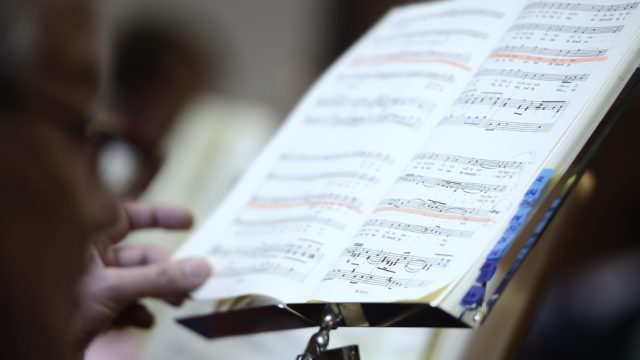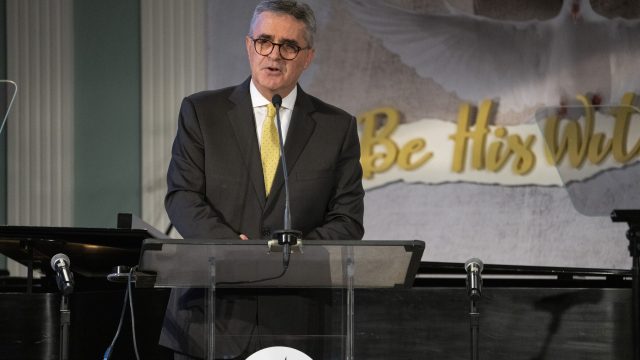Notice the Latin phrases that pepper the writings of the Protestant Reformation. Just as Roman Catholicism deemed it to be the lingua sacra […]

Notice the Latin phrases that pepper the writings of the Protestant Reformation. Just as Roman Catholicism deemed it to be the lingua sacra (“sacred language”) of liturgy, Protestants correspondingly immortalized the great timeless ideals of their movement in ecclesiastical Latin. These ideals were so potent that they ruptured Christianity into a myriad of Protestant denominations today.
Modern Protestants may not understand Latin, but we are quite familiar with the unifying themes of sola scriptura, sola fide, sola gratia, solo Christo, and soli Deo gloria. Within a half century after Luther’s initial posting of the 95 theses, these phrases represented the imperative ideals of Scripture, faith, grace, Christ, and the glory of God, respectively. No Protestant denomination deviates from these—at least they shouldn’t.
Every ideal is dangerous, for it has the potential to change its world. For the Reformation age, the world of the church was altered. Sermons, lectionaries, theologies, and seminaries were reworked. Music, musicology, hymns, congregations, art, and architecture were transformed. Even families, marriage, sexuality, and children were affected. Not only the world of the church but the bigger world surrounding the church was altered, affecting work, labor, government, economics, and culture.
Change was not for change’ssake, but epitomized in the Latin term ecclesia reformata, semper reformanda, or “the church reformed, always reforming.”
The historical context in which the church resides is dynamically changing from age to age. The church was to continually adapt to an ever-changing world, with ever-changing threats to the ideals of the Reformation. These adaptations are in themselves testaments to our faith and hope that reform will occur until the second coming of Christ. The actualization of these ideals will not occur until we see Him face to face. So until then, the changed church is to change constantly.
This reforming church is to ask questions, counter, stand, and dissent against the status quo of the world. In an age in which rebellion is glorified, how much more should the church, the object of the Lord’s supreme regard, rebel against error clearly unmasked by Scripture?
As modern heirs of the Reformation we have been called to witness against both religious and secular entities. Twenty-first-century reformation means questioning the extravagance of religious organizations at the expense of the impoverished. It means holding theologically accountable all those organizations that have rejected the biblical doctrines of the Sabbath, justification by faith, creation ex nihilo (“creation out of nothing”),a genuine biblical anthropology, the heavenly sanctuary, etc. It means rejecting apathetic and synthetic spirituality and traditions of indifferent and unbiblical theologies.
The reformation in the twenty-first century means calling out corruption and exploitation at all levels of governance and preaching of disinterested justice and mercy. It means disconnecting our dependence on humanistic management philosophies, simplistic moral reform, and organized behavior modification. It means the preaching of libertas (“liberty”), iustitia (“justice”), veritas (“truth”). It means the preservation of the value of the imago Dei in public discourse.
Whether it is Hebrew, Greek, Latin, or any other language, we are called to continue upholding Reformation ideals today. It’s the moment we should be found semper fidelis (“always faithful”) to changeless truth within this changing church.
Justin Kim serves as assistant director of Sabbath School and Personal Ministries and editor of the young adult quarterly at the General Conference of Seventh-day Adventists in Silver Spring, Maryland, United States.








